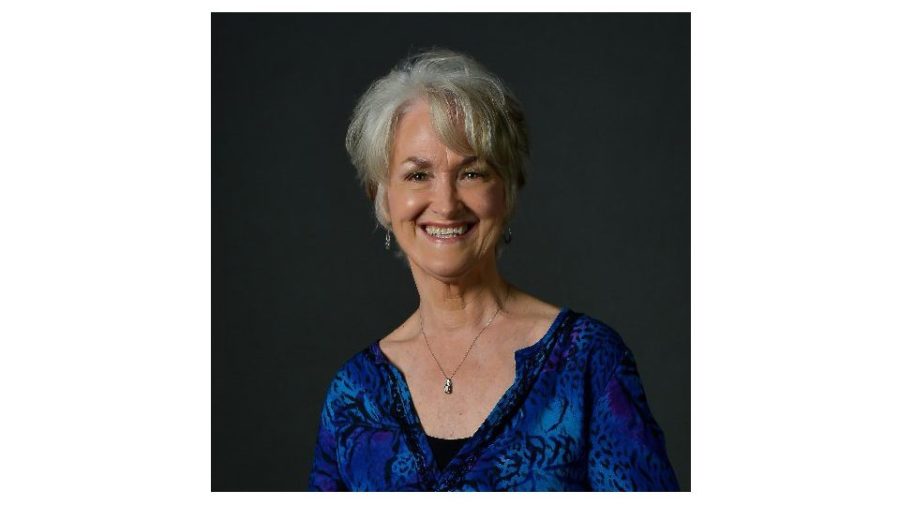Introduced by Southern Miss Civil War historian Susannah Ural, Victoria Bynum became the first speaker of Southern Miss’s 2016 Forum Series on Sept. 13 in Bennett Auditorium.
Bynum’s arrival filled the auditorium with those connected to the university such as Honors College students, professors and graduate students.
Forum Director Andrew Haley said Bynum’s approach was unique.
“I heard Dr. Bynum speak last spring,” Haley said. “I knew then that she had to be our first speaker.”
After briefly describing the main characters in “Free State of Jones” Knight and his second wife and freedwoman Rachel Knight, the majority of Bynum’s speech consisted of her criticism of Hollywood’s influence on how Americans think about the Civil War. Bynum introduced the idea of “the lost cause,” a mainstream take on the Civil War.
To exhibit the lost cause theory at work, Bynum directed the audience’s attention to the 1915 film “Birth of a Nation.” Bynum credited the movie for sending the message of black men loving white women so much that they would quickly resort to rape.
Bynum said the “Jezebel” stereotype directed toward girls with mixed race is exemplified by lustful housekeeper Lydia Brown. In addition, according to Bynum, the movie romanticized lynching and the number of lynchings increased following the movie’s release.
“The overall message from ‘Birth of a Nation’ in general is that unrestrained black men and interracial mingling would destroy society,” Bynum said. “‘Birth of a Nation’ was a huge success.”
Bynum said she found that her grandparents were fans of the movie after reading her grandmother’s memoir.
“She and my grandad had gone to see ‘Birth of a Nation’ and had just been really impressed by its vision of America, and I just thought, ‘Wow, there’s grandma, taken under the spell of Birth of a Nation,’” Bynum said.
Bynum said movies following “Birth of a Nation” like “Gone with the Wind” and “Tap Roots” all fell victim to Hollywood’s “lost cause” phenomenon that often romanticized slave owner’s relationships with their slaves or house keepers, which is exhibited by characters Dabby and Mammy, who are the help and “friends” with the white women.
In regards to the success of the “Free State of Jones” book and movie, Bynum said she has received favorable reviews from historians because it was one of the first movies to reject the lost cause viewpoint.
She closed by saying that she wanted more from the movie, specifically in regards to Serena and Rachel Knight, Knight’s wives.
“I really believe we need a second movie that explores Newt Knight’s sexual affairs,” Bynum said. “This would require Newt to be more human than heroic. Such a movie would have to raise the issue of patriarchal power in a society based on racial bondage. It would recognize that Newt Knight might have all the class awareness in the world, but that he also lived in a world of white male dominance.”


























